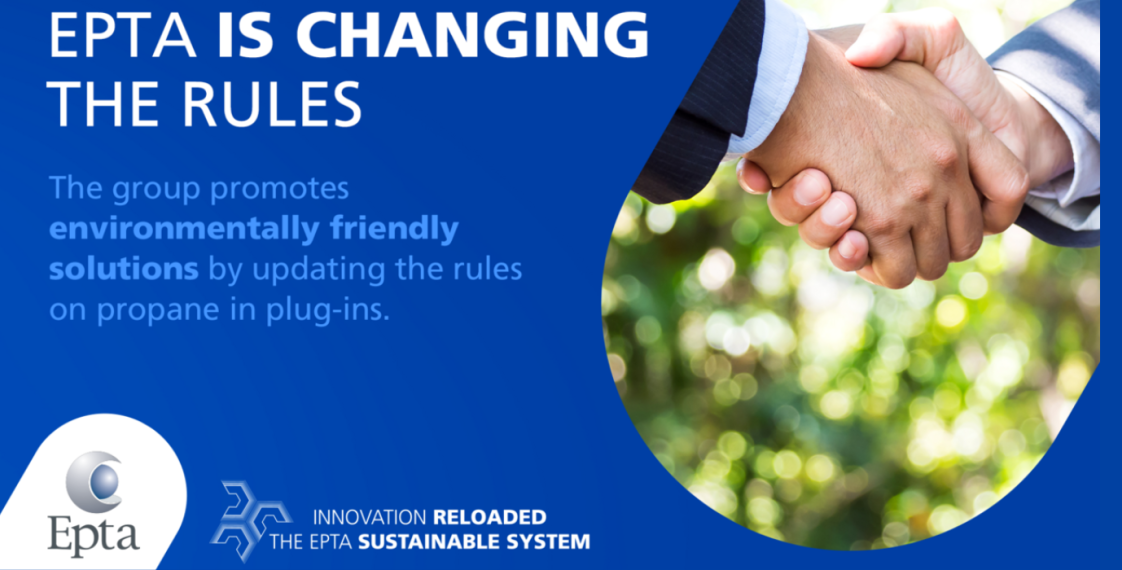EU Harmonized Standard EN IEC 60335-2-89:2022 allowing 500 G of R290 propane in commercial refrigeration applications in force

On August 2nd 2023 the EN IEC 60335-2-89:2022 technical standard has been harmonized with the EU Machinery Directive (MD).
This harmonized Standard covers the safety requirements for self-contained and split-type commercial refrigerating appliances which have a built-in compressor, hence it applies to plug-ins, integral cabinets, semi plug-in cabinets (waterloop), monoblock units for cold rooms, etc.
The main changes brought in by this new harmonized standard to self-contained equipment is that A3 refrigerants (e.g. propane, isobutane) can increase the charge limit from 150 g to approximately 500 g, whereas for A2L (mildly flammable) refrigerants the limit raises from 150 g to 1.2 kg. For split systems the use of more than 150 g is not allowed.
The new harmonised standard is considered a further step to an increased adoption of natural refrigerants because it allows to increase the capacity limit when using flammable refrigerants to potentially up to 5-6 kW capacity with a single refrigeration circuit, something that products like blast freezers or ice machines, for example, need to deliver their job.
However, the principle of the new standard is that the risk with a higher quantity of flammable refrigerant must be the same as it was with the old limits.
Hence a number of compensating measures and additional requirements for manufacturers on product design/testing as well as on the store layout and spaces design appear in order to ensure that the safety level remains basically unchanged.
“EPTA considers the introduction of this new standard as an opportunity for a broader use of climate-friendly refrigerants worldwide, giving a significant contribution to the mitigation of climate change.” Francesco Mastrapasqua, Institutional Affairs Manager at Epta says “The development of new products with higher charge limits may be considered in the future according to the market requests, in any case carefully considering all the impacts related to the measures foreseen to ensure the same level of risk.”